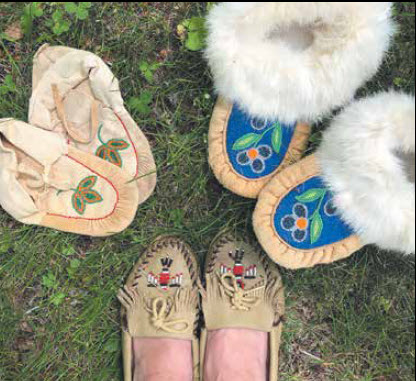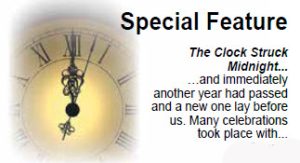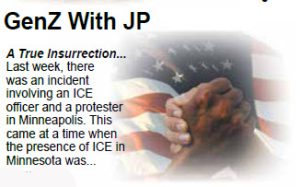As the Thanksgiving season approaches, we are reminded of the Native American teaching that one should ever judge another until they have walked a mile in their moccasins. This wisdom calls us to humility and empathy, recognizing that each person’s journey is shaped by burdens, histories, and unseen struggles. To judge without understanding is to dishonor the sacred dignity of another’s path. Thanksgiving, at its best, is not about comparison or competition, but about gratitude for the shared humanity that binds us together.
Too often, society perpetuates the myth that because one person endured hardship and “made it,” everyone else should be able to do the same. This narrative erases the complexity of individual circumstances and ignores the many obstacles of life. It also ignores, that sometimes we are the lucky one. “Time and chance happens to all,” the wise man said.
Survival stories are powerful, but they should never be weaponized to dismiss the pain of others. To say, “I survived, so you should too,” is to deny the uniqueness of each person’s struggle and to overlook the communal support, resources, or opportunities that may have made survival possible.
Native American traditions remind us that wisdom is communal, not individualistic. The teaching of walking in another’s moccasins is not simply about empathy—it is about accountability to the community and respect for the sacredness of each life. During Thanksgiving, a holiday often overshadowed by myths of survival and triumph, we can reclaim its meaning by listening to Indigenous voices and honoring their call to compassion. Gratitude is not about boasting of what we overcame, but about recognizing the gifts we share and the responsibilities we carry toward one another.
This season, let us resist the temptation to judge or to measure others by our own survival stories. Instead, let us embrace the Native wisdom that calls us to walk gently, to listen deeply, and to honor the unseen burdens of those around us. True thanksgiving is found not in comparison, but in compassion; not in judgment, but in justice. As we walk in another’s moccasins—even if only in spirit—we honor both the resilience of our ancestors and the dignity of our neighbors today.
By: Eric Betts
Assistant Director, Curtis Coleman Center for Religion Leadership and Culture at Athens State University









